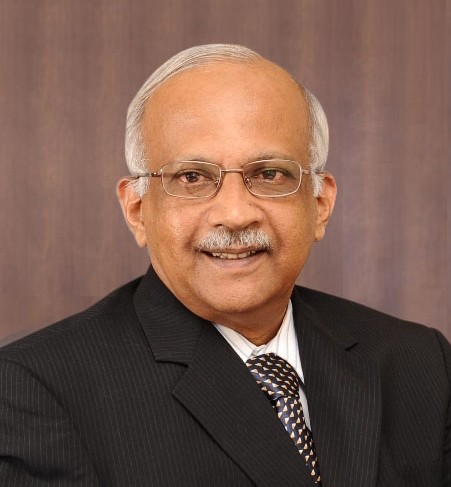
Our focus is on global leadership in human development, and the delivery of world-class education in all subjects. Our goals very much stem from our history as a leading private-sector education specialist in India. Our medical school, founded by Dr Tonse Pai, proved so successful that other schools soon followed, and we diverged into Health Sciences, Dental Sciences and Engineering. We gained university status in 1993. The quality of teaching at MAHE has been a continuous source of inspiration for our students and staff, and our ethos promotes teamwork, inclusivity and integrity. A review of progress in 2005 led the university into a transitional phase, progressing from a teaching university towards strengthening its research capabilities. We haven’t looked back since.
In which research areas is the institute flying high?
We remain a key institution for medical science and dentistry. Since 2005, we have expanded our research in health sciences to include life sciences, molecular biology and drug discovery. We have exchange programmes with our twinned universities in the USA, UK, Australia, and other countries, allowing our students and researchers access to the international academic community.
We have a thriving public-health department who work very closely with communities and policy-makers to improve responses and treatments for the health challenges in our country. Indeed, earlier this year researchers from our Department for Virus Research guided the response to the Nipah virus outbreak in Kerala at the start of the rainy season. Thanks to the MAHE team working closely with local authorities and health professionals, the epidemic was identified early, and the outbreak was quickly contained. We also have several basic and translational research programmes focusing on human diseases.
Another of our main research areas is engineering, and our avionics research team are currently working alongside the Indian government on various projects. Our Centre for Humanities is also flourishing.
How has MAHE risen above the crowd?
Through our past performance as a high-quality teaching university, we have shown ourselves to be high achievers. Several of our schools are in the top-ten institutions for their subject in India. Our recent success in transitioning from purely teaching to a fully-fledged research-orientated university has confirmed our commitment. Our research teams are on course to produce 3,000 publications a year, up from 500 just a few years ago.
Will this award act as a launchpad for new initiatives?
The higher education sector is tightly regulated in India, and the first benefit we will see immediately is that we are freed from these regulators. This means we can experiment with the latest teaching and learning tools, revise and implement new pedagogy as we see fit, and hire staff from overseas without any red tape in the way. This is a significant moment and provides us with so many exciting opportunities for the future.
The eminence award has already allowed us to set new goals for the coming years. We aim to scale-up our research output and publications and expand our faculties and postgraduate student numbers. By 2022, we aim to enrol 1,000 new PhD students every year. We aim to be one of the top 500 universities in the world within ten years.
What makes MAHE a unique space for study and work?
The small university town of Manipal, where we have our main campus, is an idyllic place. It is set in beautiful countryside in Karnataka’s Udupi district, and we are lucky that many of the townsfolk are either involved, or have been involved, in the university — many as students, many as faculty staff. This gives MAHE a close-knit, community feel. Everyone lives and works within the campus. In Manipal, we commute to work on foot and breathe the fresh air of the countryside rather than traveling across a busy city each day. We have an excellent school for our children and a first-class hospital on site. The families of staff are well catered for.
What would you like to say to prospective students and researchers seeking new horizons?
Do come for a visit and explore; make this lovely campus part of your studies! We have excellent facilities for young researchers at all stages of their career, a good mentoring programme with experienced researchers, and a multitude of curricular and extracurricular activities ongoing. Come to MAHE, and you too can be part of our bright future.

